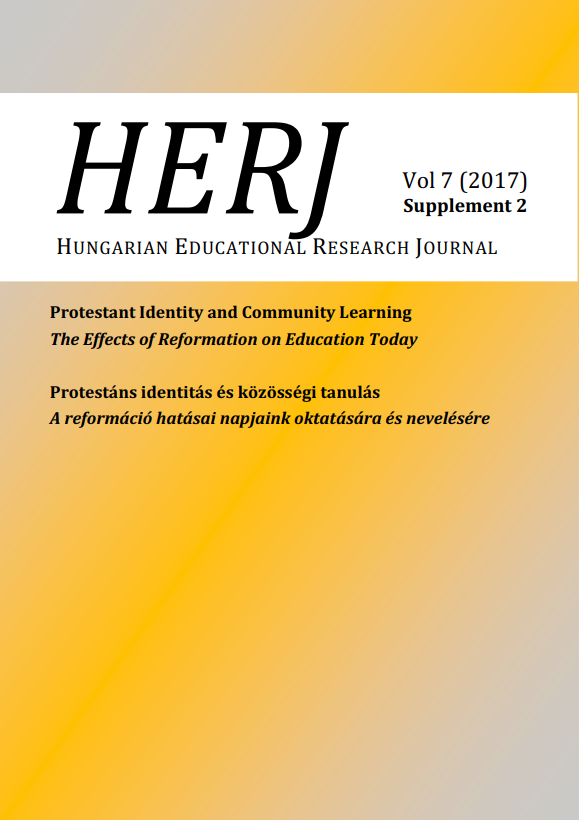Felekezeti iskolaválasztók: négy egyház intézményei
The Choice of Church-based Education – Four Churches and their Schools
Author(s): Ágnes InántsySubject(s): Education
Published by: Hungarian Educational Research Association (HERA)
Keywords: denominational schools; school choice; values
Summary/Abstract: According to the data of 2016 nearly 1000 public educational institutions maintained by the church operate in Hungary today therefore the denominational public education has become a current question again recently. The expansion can be traced back to several reasons, the starting point of which is the law of 1990 taking action on freedom of conscience and religion. As a result of this since the change of the regime, the churches have become school maintainers, which signifies new challenges and continuously supports new expectations opposite them. As public-funded institutions the denominational schools have to consult their own educational mission with the state’s and school selectors’ expectations. A number of researchers have examined the determinants of school choice on both international and national levels (Bell 2009, Bosetti 2004 Dronkers 1995, Kertesi 2005, Solymosi 2013). We may presuppose that the school - as the device of social mobility - shows the opportunity of the child's prosperity in the parents' eye. Since the beginning of civil development the parents’ claim has appeared more and more powerfully to let their children get into at least a similar or more favourable social condition through school education (Liskó- Andorka 1999), on the other hand there is an expectation towards school culture to confirm the values represented by the family and norms or at least not to oppose them (Pusztai 2004). The determinants of school choice may vary by countries and ages, but there are factors which can be considered relatively constant. These factors may be the surroundings, the parents’ social status and educational level, thier piety, cultural capital, and confidence in the school as the device of social mobility, their vision and awareness of school choice opportunities. Furthermore, the content and coherence of the family can also be a determining determinant. We may presuppose that the motivations of school selectors choosing denominational-, state-, or voluntary schools may be different. Based on the census of 2011, the National Competence Measurements of 2015 and the database examining 478 people, the present study examines the school selecting motivations of the parents choosing one of the primary schools maintaned by four different denominations. The results show that the parents’ social background variables and their religious and denominational commitment are represented in the process of school choice.
Journal: HERJ Hungarian Educational Research Journal
- Issue Year: 7/2017
- Issue No: suppl. 2
- Page Range: 220-235
- Page Count: 16
- Language: Hungarian

